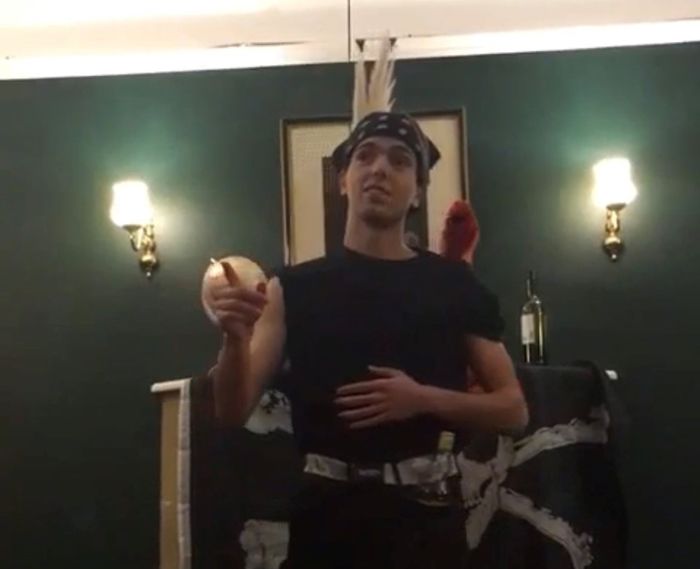NUS delegate results announced but unfilled positions remain in SU elections
Fifteen candidates stood for seven delegate positions to the NUS conference, but 109 SU positions remain unfilled after the election

The results of the Students’ Union Michaelmas elections were announced this week, with almost a thousand students voting in the fiercely contested National Union of Students (NUS) conference delegate election.
Other races were less competitive, however. A lack of candidates left many positions unfilled after the polls closed.
Fifteen candidates stood for seven places as an NUS delegate, and the results went down to the wire. The SU says that the successful delegates are a “vital part of setting NUS’ direction for the year to come at National Conference”.
938 students cast a vote in the NUS election. Seven candidates were elected: Hannah Haskel, Elia Chitwa, Rebekah Treganna, Sam Carling, Chang Liu, Katie Heggs and Joshan Parmar.
Both Chitwa and Liu already hold SU positions, as disabled students’ sabbatical officer and chair of the BME campaign respectively. The results also do not mark the last election of term for Carling and Parmar, as both are standing to be elected Cambridge Union president, with voting opening later this week.
Haskel and Chitwa were both elected at the first stage of the contest, with 142 and 130 first choice votes respectively. The remaining five delegates were elected in subsequent rounds of voting based on ranked choices.
The elected delegates released a joint statement to Varsity where they outlined their plans for the NUS conference.
They said they “were excited to see so many students actively participate in this election and are grateful for all the support we received”.
The delegates plan to “meet to discuss our plans for the upcoming conference” and have vowed that they will “fight to ensure that the cost of living crisis is adequately addressed”.
The seven delegates also said they will work “to deliver much-needed reform to the structure of the NUS to increase accountability, transparency, and inclusivity; especially in light of the recent investigation into antisemitism within the organisation.”
Earlier this month the NUS president, Shaima Dallali was sacked after an investigation into antisemitism. Amongst other allegations, Dallali described a Muslim cleric as “the moral compass for the Muslim community at large” despite him describing the Holocaust as “divine punishment” for Jewish people.
Although the NUS delegate election attracted a high level of student participation, other elections in the Michaelmas round of SU elections received less interest. Out of 110 posts for academic representatives and members of the SU executive, 66 did not have any candidates. By-elections have reopened for 19 unfilled academic representative roles.
In the election to appoint students to the campaigns run by the SU, 63 positions were available. Only 20 of the 63 roles received nominations, with 43 campaign roles remaining unfilled after the election. Only one role in the LGBT+ campaign was contested.
Fergus Kirman, SU chair and acting returning office for the election, has previously acknowledged the lack of candidates in campaign elections.
 News / Clare Hall spent over £500k opposing busway 24 December 2025
News / Clare Hall spent over £500k opposing busway 24 December 2025 Comment / The ‘class’ of Cambridge24 December 2025
Comment / The ‘class’ of Cambridge24 December 2025 News / Caius mourns its tree-mendous loss23 December 2025
News / Caius mourns its tree-mendous loss23 December 2025 Comment / Yes, I’m brown – but I have more important things to say22 December 2025
Comment / Yes, I’m brown – but I have more important things to say22 December 2025 News / Girton JCR publishes open letter expressing solidarity with Palestine25 December 2025
News / Girton JCR publishes open letter expressing solidarity with Palestine25 December 2025










